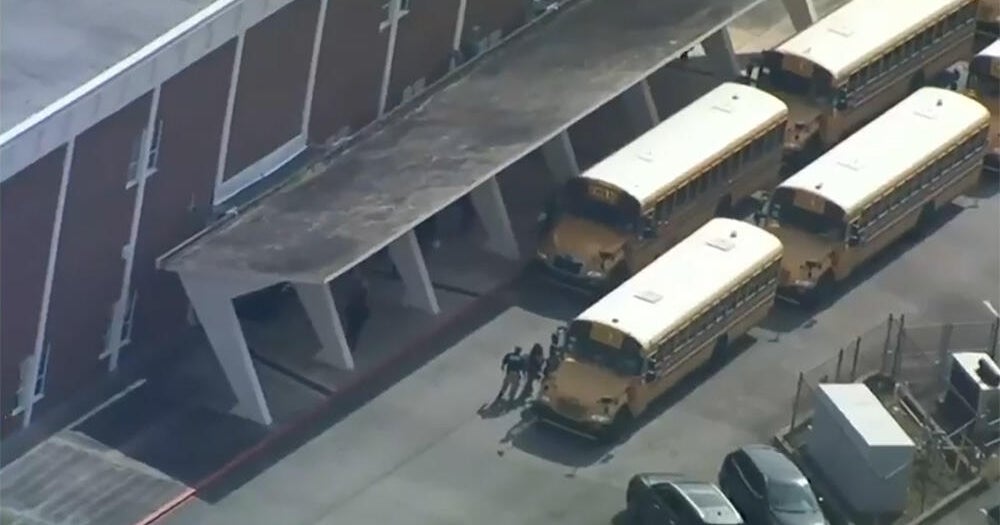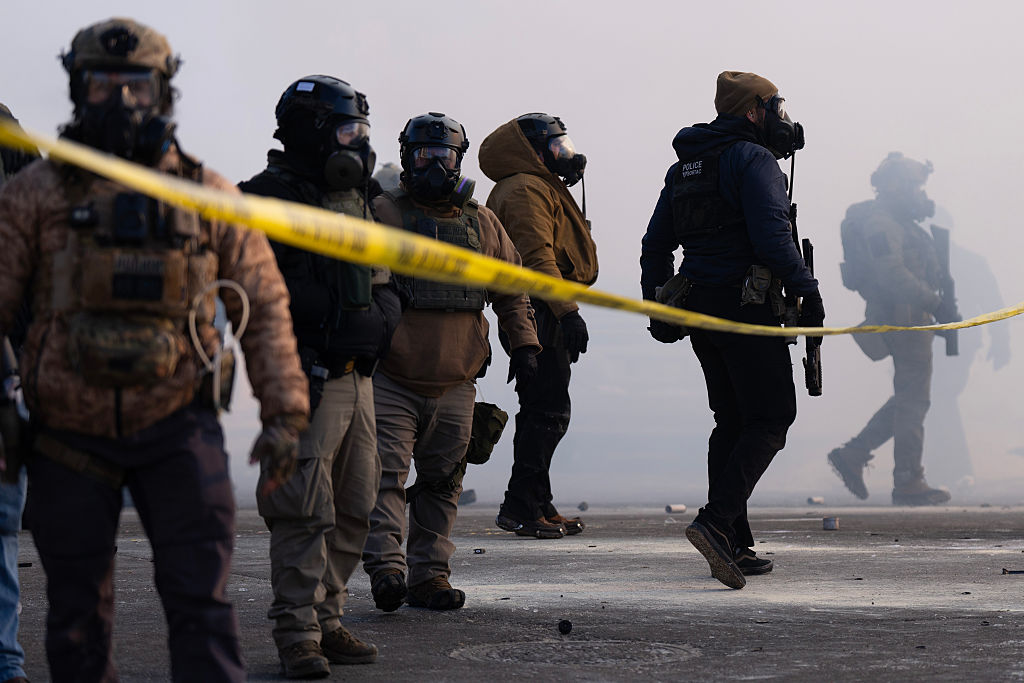Jurors in Kate Steinle trial allowed to consider first-degree murder
SAN FRANCISCO – Jurors in the trial of the man accused of fatally shooting Kate Steinle on a San Francisco pier will be allowed to consider a first-degree murder verdict following a judge's decision this week, reports CBS San Francisco.
Jose Ines Garcia Zarate, a 45-year-old homeless Mexican citizen, was arrested soon after the July 1, 2015 shooting, which occurred while Steinle, 32, was walking on the pier with her family. The murder weapon, a gun that had been stolen from a U.S. Bureau of Land Management ranger's car just days earlier, was recovered from the bay near the pier a short time later.
Prosecutors charged him with second-degree murder, which applies to murder that is deliberate but not premeditated, or that was caused by committing an inherently dangerous act.
Prosecutor Diana Garcia has sought to prove during the trial that Garcia Zarate, who had no connection to Steinle or known motive for shooting her, pointed the gun at her and pulled the trigger deliberately. And on Wednesday, Judge James Feng agreed to her request to instruct the jury in first-degree murder as well as second-degree murder and involuntary manslaughter, reports the station.
"The jury will be instructed on multiple theories of homicide," District Attorney's Office spokesman Alex Bastian said, declining to comment further.
First-degree murder typically requires that the murder be willful and premeditated, but can also apply to cases of "felony murder," in which a defendant is involved in a dangerous crime that leads to a person's death. It is unclear which theory Garcia might ask jurors to consider in closing arguments on Monday.
Defense attorneys Matt Gonzalez and Francisco Ugarte have worked to demonstrate that the shooting, in which the single bullet ricocheted off the pier before striking Steinle in the back, was accidental, occurring after the defendant found the stolen gun on the pier and picked it up. They presented expert witnesses who testified that the shooting bore the hallmarks of an unintentional discharge and that the bullet did not travel in a straight line.
It is unclear whether the inclusion of first-degree murder in jury instructions will have an impact on the outcome of the case.
"We are not terribly concerned about it because nothing in the evidence supports first-degree murder," said Tamara Aparton, a spokeswoman for the public defender's office.
Garcia Zarate has also been charged with assault with a semi-automatic firearm and being a felon in possession of a firearm. He has prior convictions for a drug charge and for reentering the country after deportation.
Garcia Zarate's arrest triggered national controversy over San Francisco's Sanctuary City policies after it was learned that he had been released from the city's jail a few months before the shooting without notification to federal immigration authorities.
Garcia Zarate had just completed a federal prison sentence for reentering the country after deportation when he was transferred to San Francisco by federal authorities based on a warrant for a marijuana charge, but that charge was dismissed by San Francisco prosecutors after he arrived.
Despite the controversy, which played a role in the 2016 presidential race when now-President Donald Trump took it up as an issue, Garcia Zarate's immigration status has not played a role in the case.



